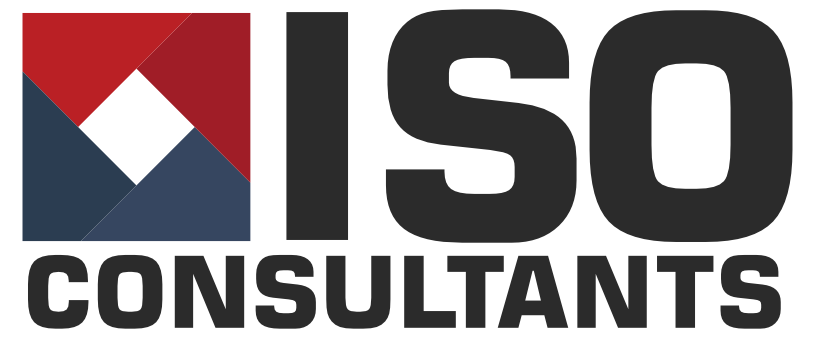What does it mean to be ISO certified? Quite simply, an approved independent body has audited your quality/safety/environment/other management systems. They comply with the requirements of an international standard. You are issued with a certificate to confirm this. That’s basically it.
However before going for ISO 14001 or ISO 9001 certification, I’d recommend asking some challenging questions. I have worked in this industry for over twenty five years. In my opinion, the following issues are fundamental.
Question 1 – “Why”?
Are you responding to a tender? Is a major customer pressuring you for ISO 9001 or ISO 14001 ? Alternatively, If you business has grown rapidly, some of your staff might not understand how the business works. Therefore, properly defined processes and procedures are needed for them to follow. Plus, the discipline to make and do things right.

Alternatively, do you simply need a quick fix and a certificate on the wall? Or something more?
Simply gaining an ISO certificate can be rapid and inexpensive. For example, I have implemented ISO 9001 in small, businesses with only 2-3 days of my time. However, the priority was to respond to a tender which mandated a certain ISO standard.
However, the management systems created in these circumstances are very basic. Furthermore, if the aim is to tighten internal processes and improve consistency throughout the business, they are unlikely to be very helpful .Significantly, in this kind of situation, more time is required for a consultant to work with staff and gain their buy-in to the new ways of working. Therefore, “a certificate on the wall”, or doing better business?
Whatever the reason, (all the above are perfectly acceptable for gaining certification), it’s wise to understand just why you’re doing this. Furthermore, it’s vital to give the necessary time commitment to the project. Which leads me to…

Question 2 – Do You Have The Time?
Many customers pay for my services, and then don’t have the time to listen to what I have to say. They choose a “best practice” which they tell me they want in their businesses. Subsequently, they don’t spend the time to plan and adopt it. Why? Even if you have excellent, disciplined processes already in place within your business, gaining certification WILL need some of your time. What you put in really does have a bearing on what you get out.
Question 3 – Can You Model?
What does it mean to be ISO certified? Words or actions? Are you prepared to be seen to champion the management system? If give mere lip service to a new Quality Management System, then revert to your old system of working (whenever your consultant or auditor isn’t looking), your staff will notice. They will not “buy” it if senior managers don’t “model” it. For example, if you commit to checking products before you dispatch, don’t push your staff to blindly ship everything they can find on the last day of the month just to meet targets.
Question 4 – Do You Like Numbers? (What Gets Measured Gets Done)

What do you want to measurably achieve? Your policy MUST be underpinned by measurable objectives. I’ve observed that most senior management teams struggle with this. What is your level of customer complaints? Is it measured at all? Level of returned faulty goods? Have local residents moaned about the noise from your machines? Has The Environment Agency challenged your emissions? What are your big issues? And how can you measure improvement? This is an incentive for real measures within a formal “standards” framework. A consultant should not need to invent such Key Performance Indicators. This is for someone with a knowledge of the business. A manager who knows the real problems which it faces every day.
Question 5 – Can We Talk?
Having thoroughly put you off this ISO certification malarkey, I almost dare not suggest that there is a way forward. What does it mean to be ISO certified? ISO Certification will benefit your business, help win new orders. It will keep you and your staff safe, and keep your directors out of court. I’ve been in the quality business for over 25 years, and can quickly assess how to move forward.
There’s much to tell, and I’d love to help. Please be in touch.

